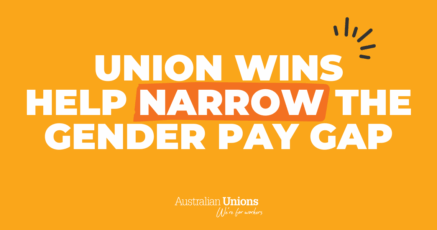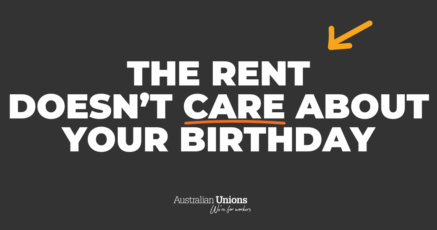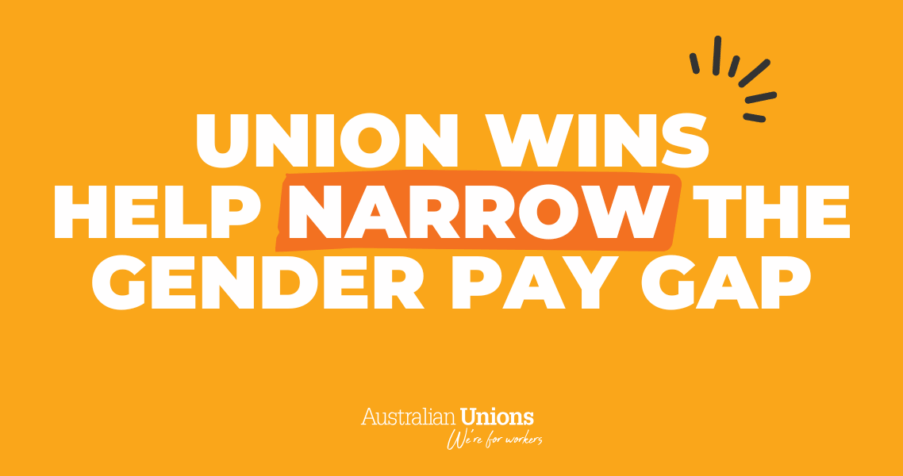In around a fortnight, one in four workers will see the dollar figure in their pay slips increase.
Last week, the Fair Work Commission announced a 5.2 per cent increase to the minimum wage from 1 July.
For workers who are reliant on Award wages, the increase will be 4.6 per cent or $40 per week, whichever is higher.
And what about the big businesses who have had to deal with soaring import costs? They’re in a strong position to implement a wage increase, Australian Council of Trade Unions secretary Sally McManus explained.
“They’re already passing the costs of increased inputs to workers. And workers were before this pay rise – and even with this pay rise – getting real wage cuts,” McManus said.
“[Businesses] can afford it. Profits are actually up considerably at the moment. Sales are up as well. All the indicators for business are actually good.”
“If you said workers should continue to have real wage cuts and pay for an inflation rate they didn’t cause, I think that’s morally bankrupt,” she said.
And while this increase for one in four workers in Australia, low paid employees are not the only ones who will benefit.
Minimum wage and Award reliant workers are more likely to spend any extra pay they do have in their local communities. The majority of their income will go to local businesses on things like groceries, rent, fuel and childcare.
“The people who spend in all those local businesses are average working people. And if they have their wages go backwards, customers will have less to spend,” McManus said.
The extra injection into local economies will even help create more jobs. Regional areas in particular rely on these workers taking home a decent pay packet to boost their economies.
Small businesses have been struggling to retain staff during the labour shortage and so took action before the Fair Work Commission made their decision to raise the minimum wage by 5.2%.
“Your local café and a whole lot of the smaller retail places have already out up their wages way more than five per cent,” McManus said.
“If we thought we were going to keep wages down, you won’t be able to keep staff at all in those places.”
Union members have made sure that no worker is left behind as everyday costs have outpaced wages.
It is thanks to the tireless efforts of workers in unions that the Fair Work Commission has decided on what is the highest minimum wage increase in decades.
And higher wages isn’t just an annual event for unionised workplaces. Union members earn, on average, $250 more per week than non-union members.






SHARE:
Minimum wage increase well within the means of Australian businesses